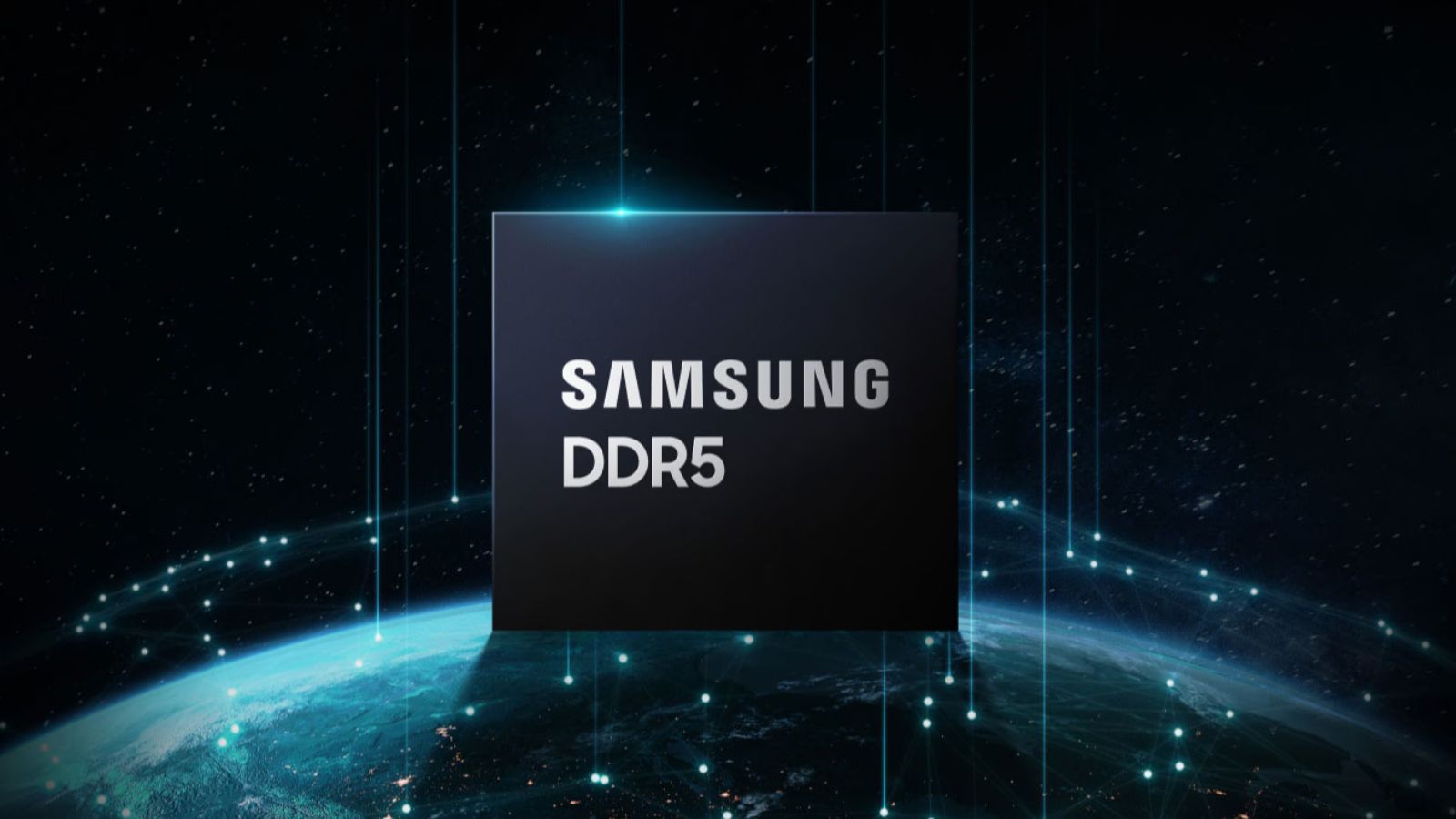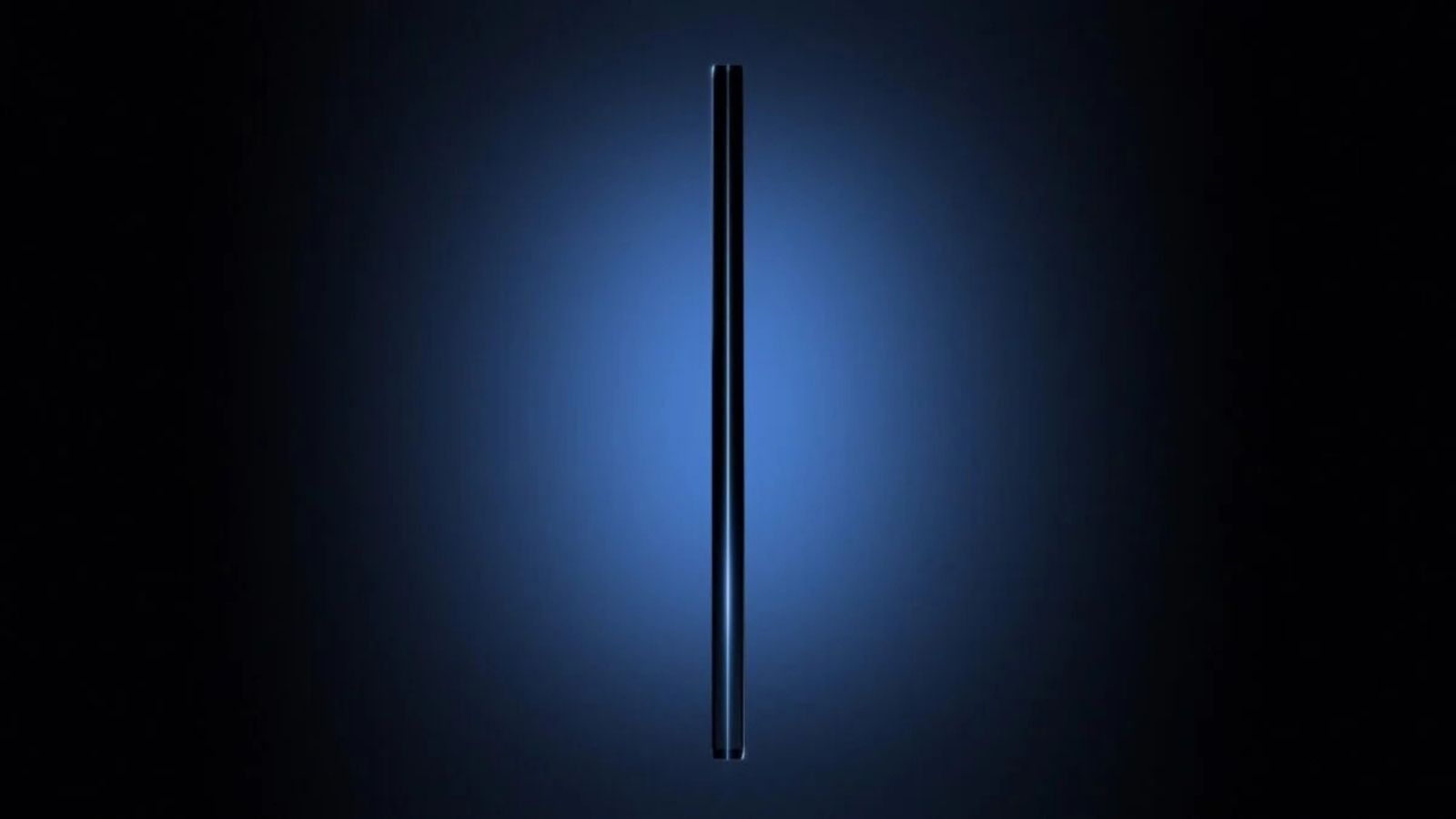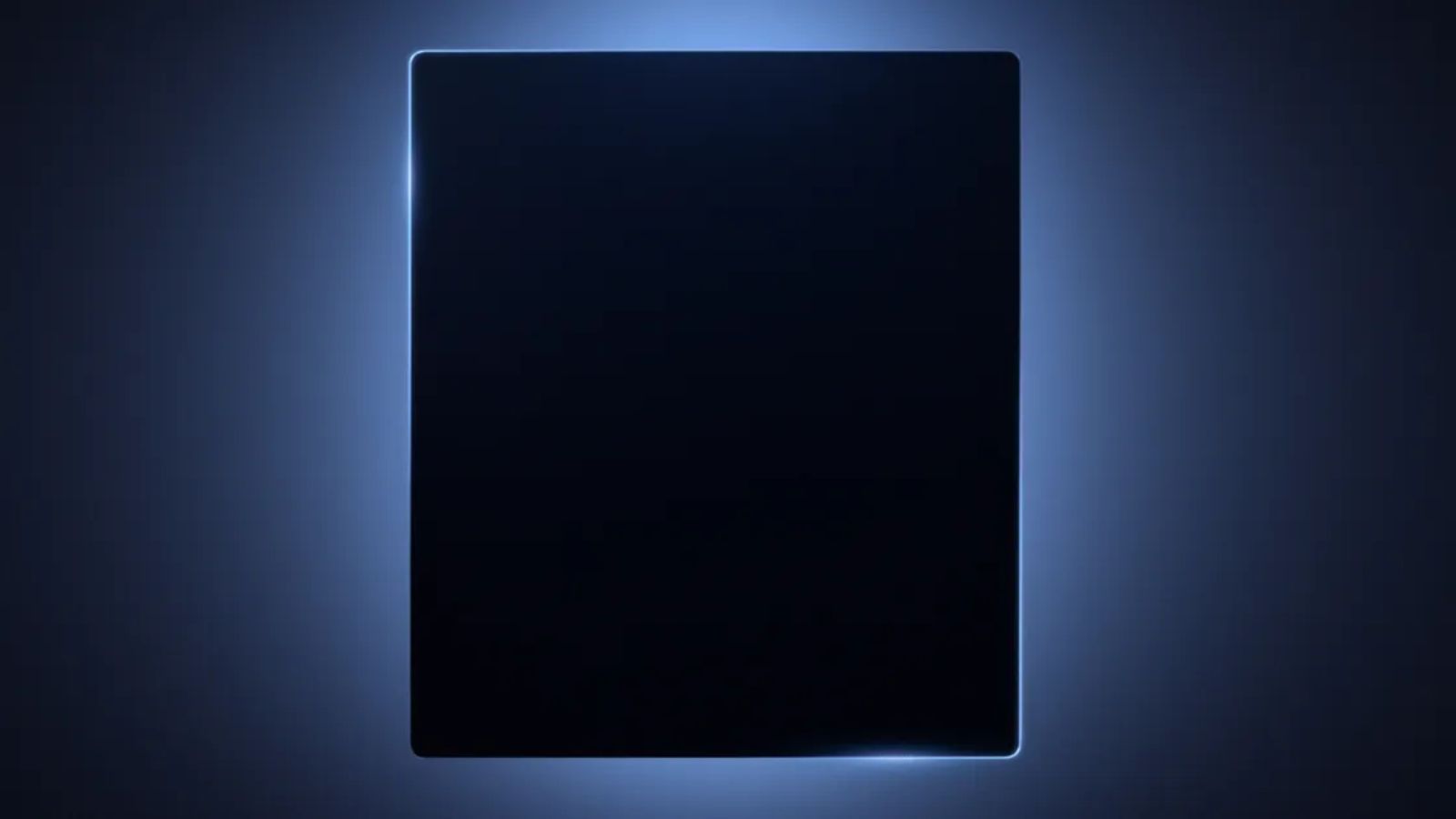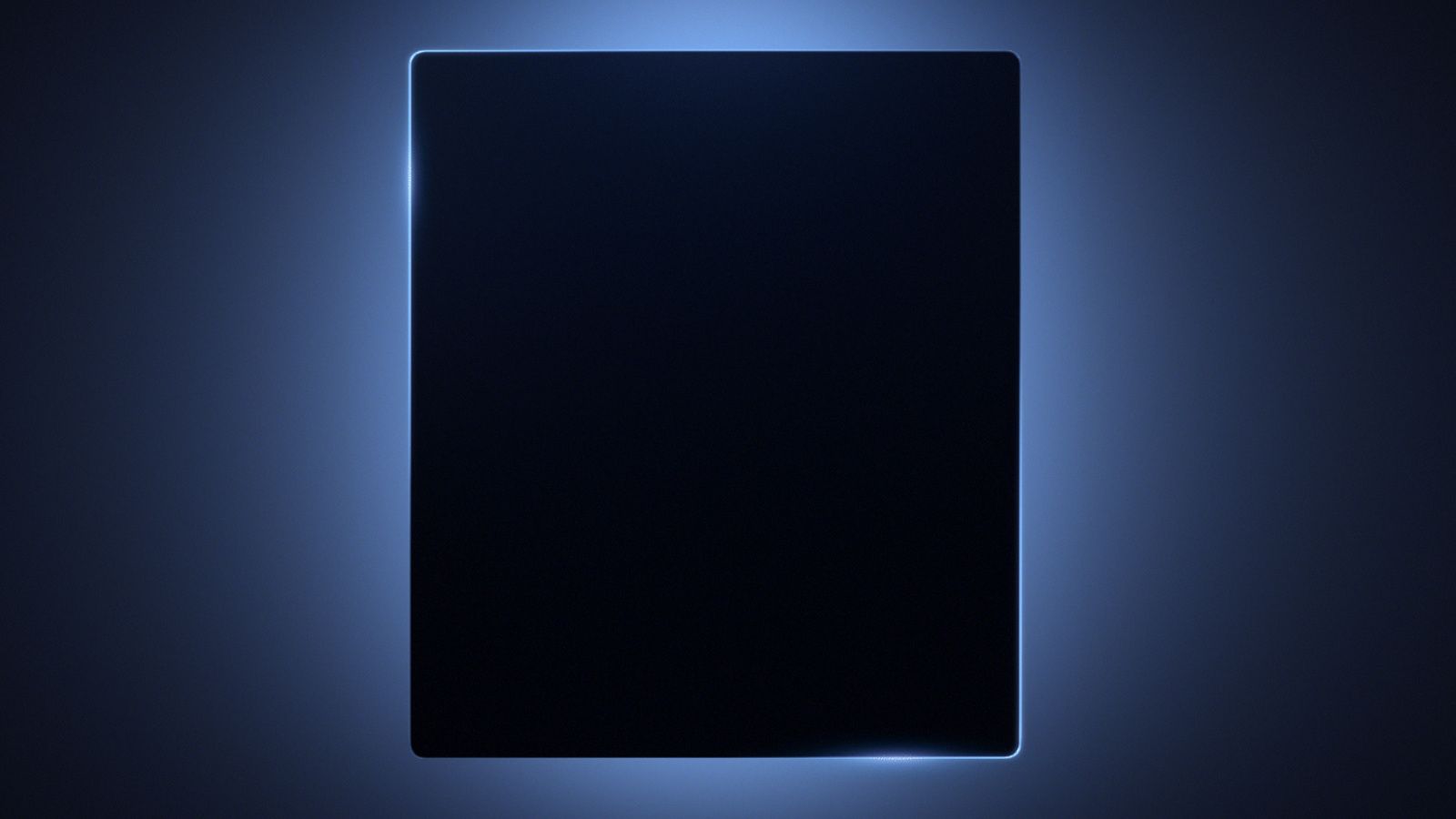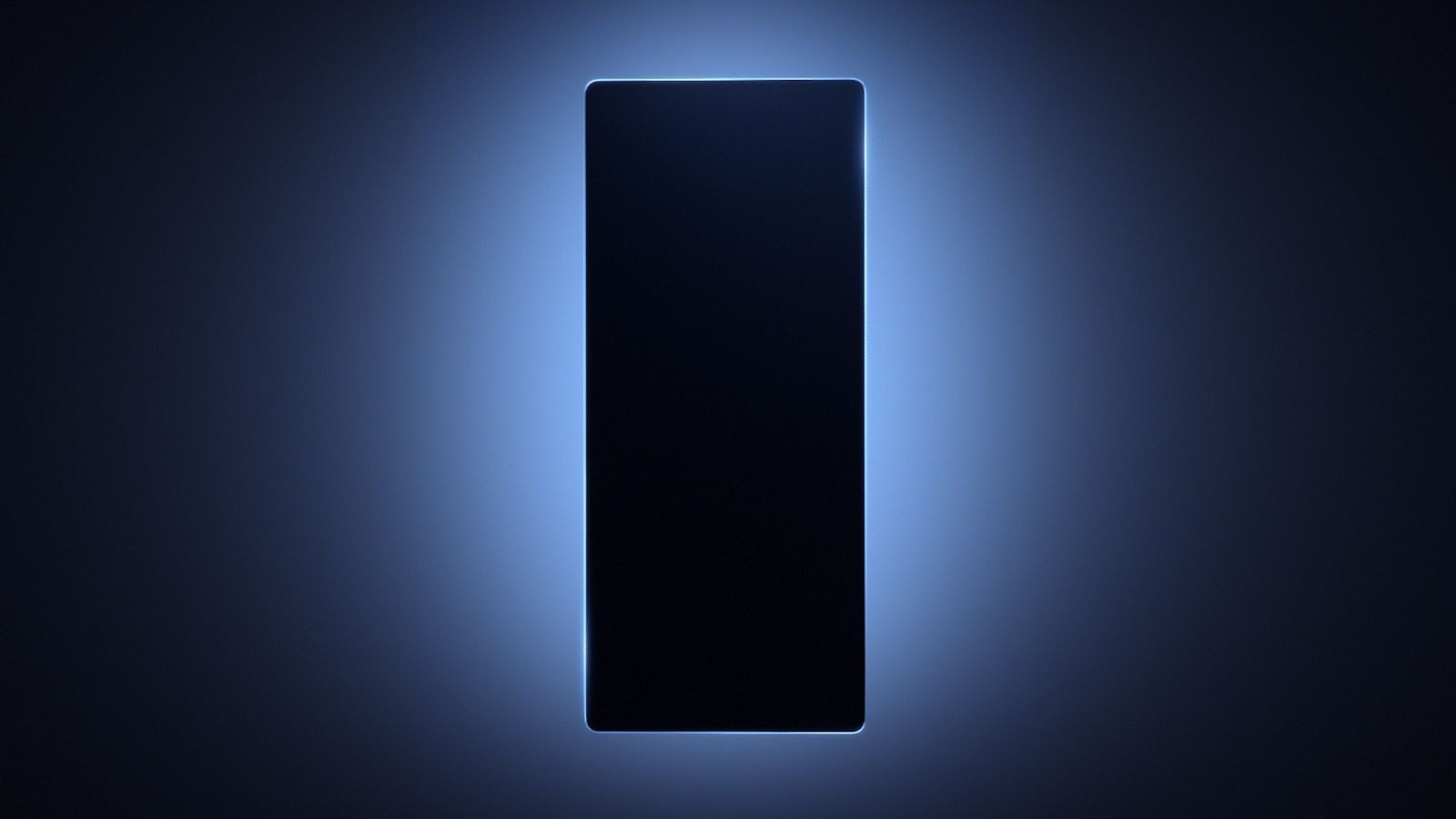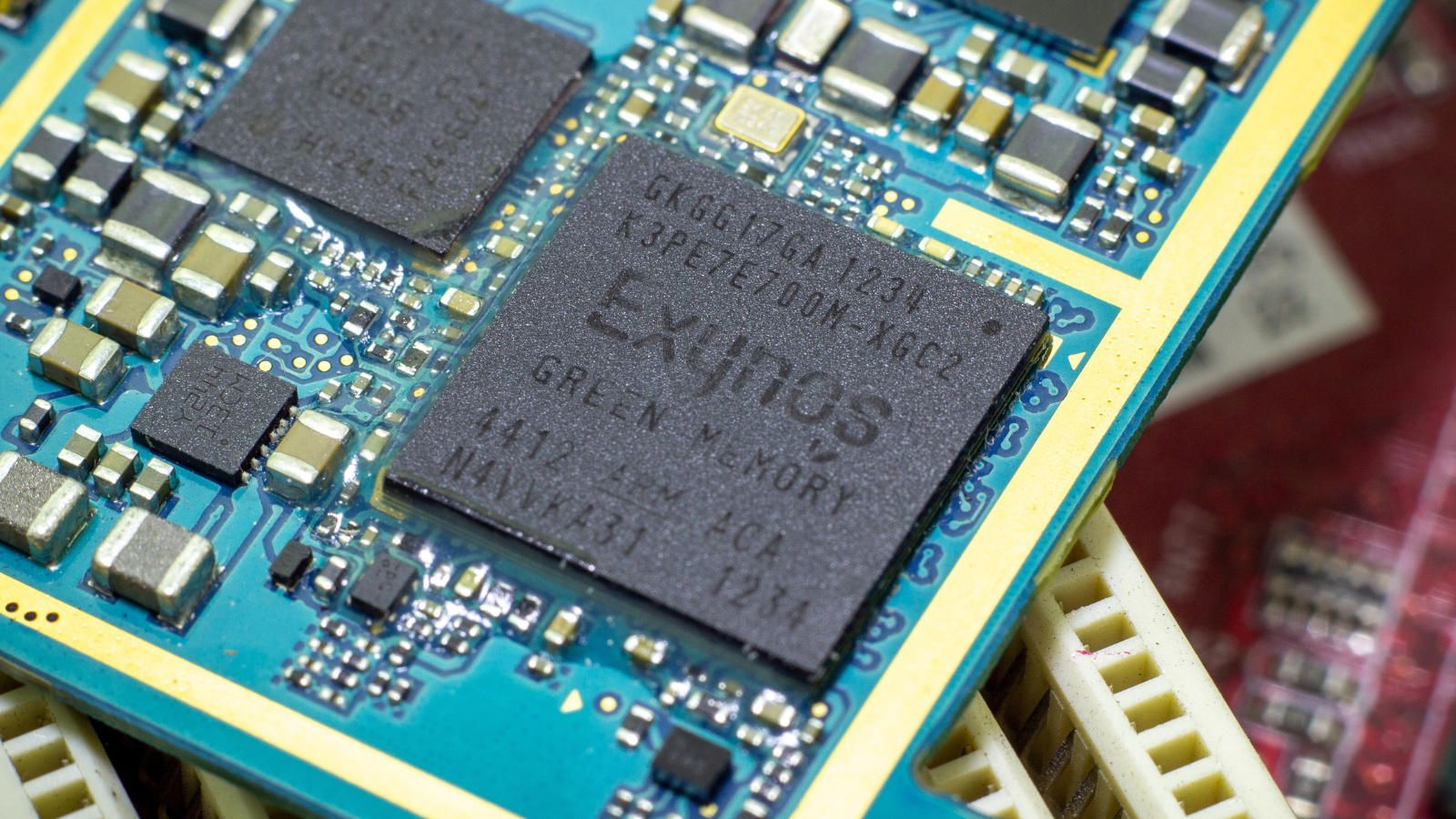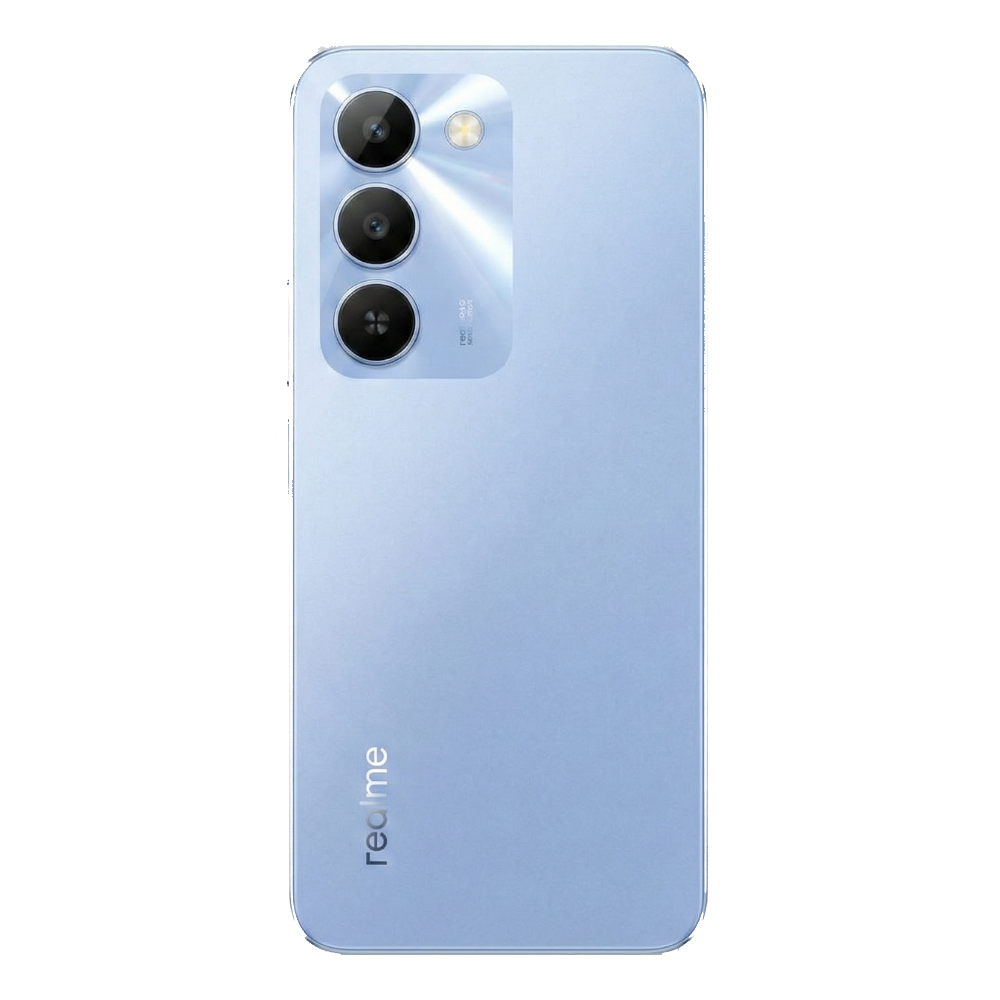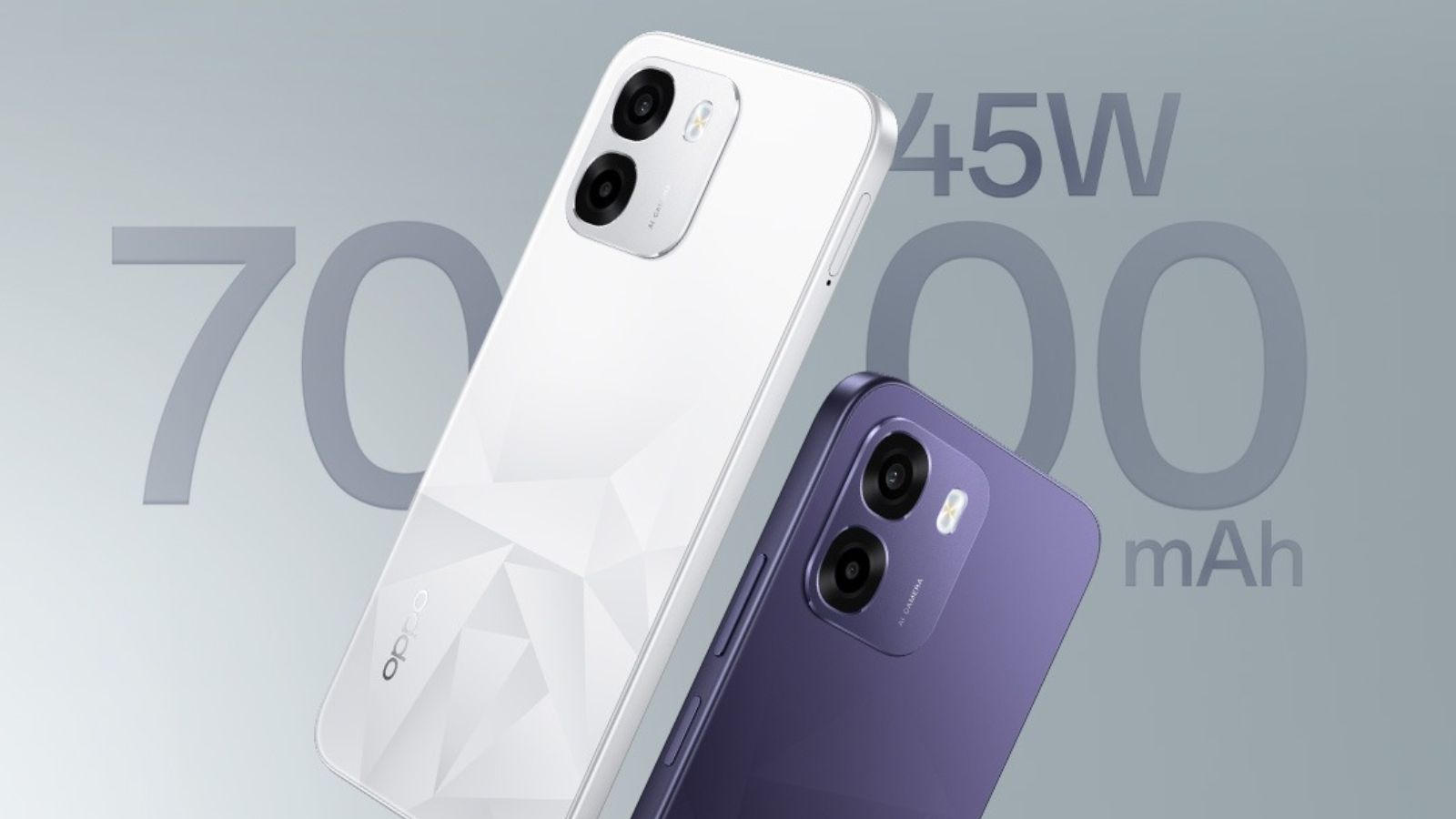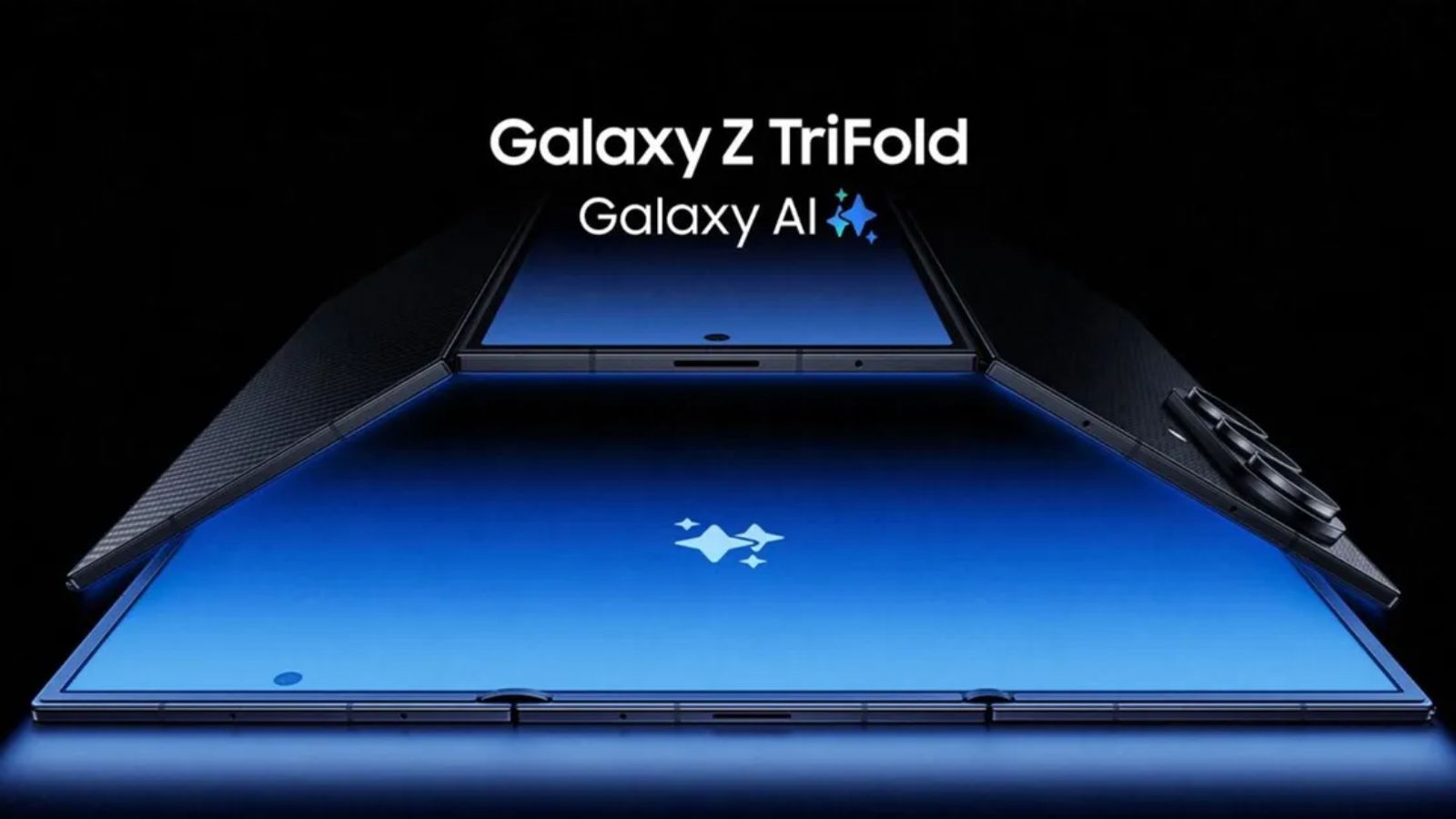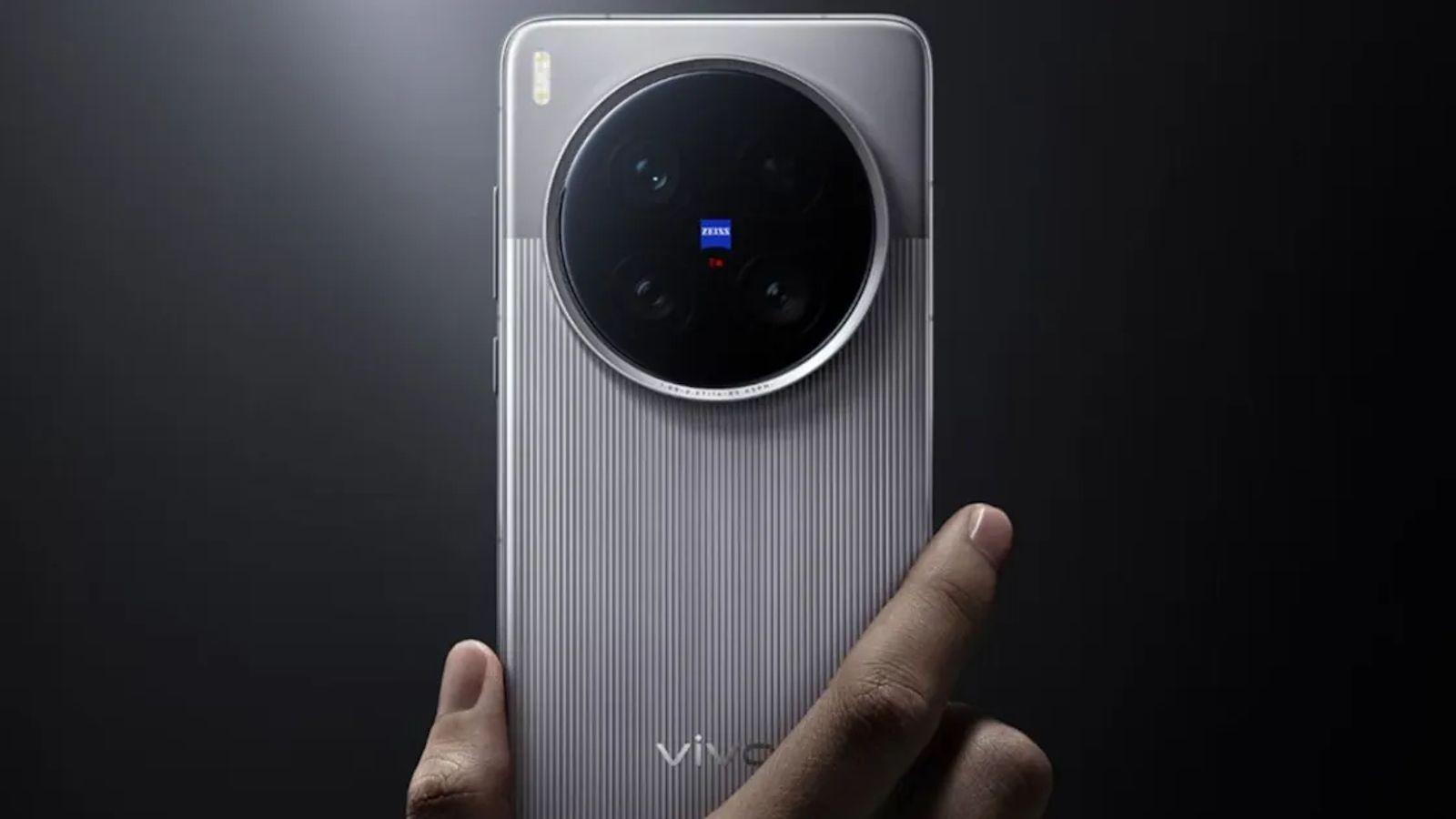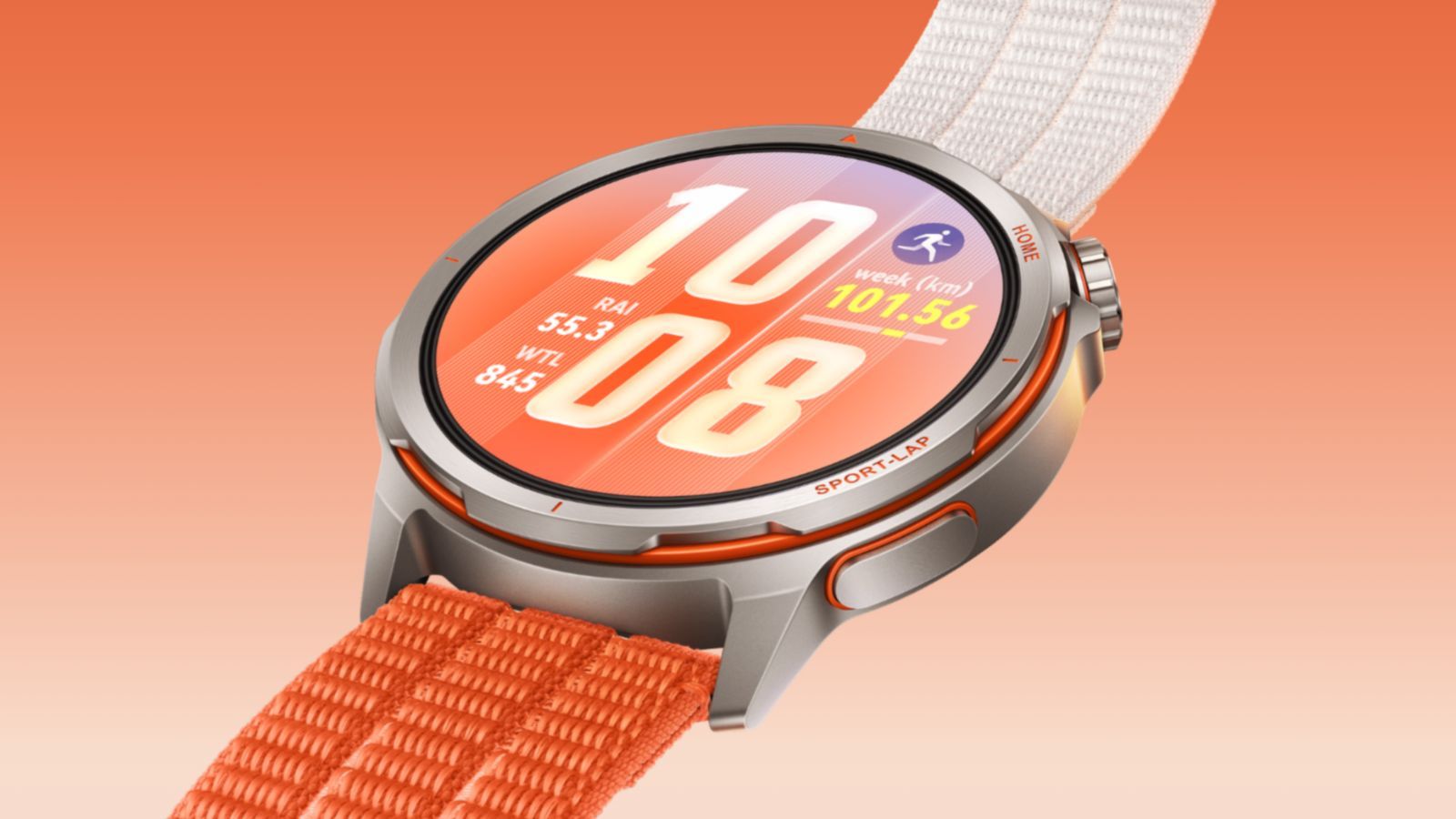Remember the semiconductor shortage during the pandemic that caused the price of GPUs, phones and other electronics to sharply increase? Well, this time, we might see a severe surge in memory chip prices in the coming months. According to a Reuters report, Samsung Electronics has raised contract prices for select DDR5 memory modules by as much as 60% compared to September 2025.
Samsung increases memory chip prices amid supply crunch
The report notes that the sharpest rise was seen in 32 GB DDR5 server modules, which surged from around $149 (approximately Rs 13,500) in September to roughly $239 (approximately Rs 21,500) in November. Other capacities likewise climbed, with 16 GB and 128 GB modules seeing a rise of about 50%, while 64 GB and 96 GB chips increased by over 30%.
The pricing move from Samsung comes amid a deepening shortage of memory chips caused by the surge in demand for AI data centres and the rapid expansion of server capacity globally. In fact, Semiconductor Manufacturing International Corporation (SMIC) warned that customers are delaying orders for other chipsets because the memory supply is too uncertain.
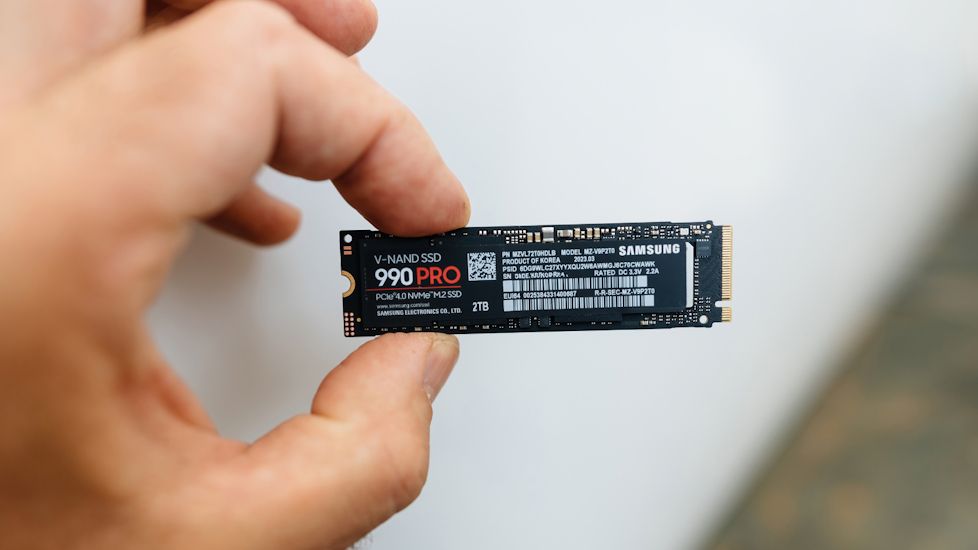
Samsung's decision reflects its strengthened pricing power in the memory segments. The company has lagged behind rivals in high-bandwidth memory for AI workloads, making this quite a boon for it in the broader DRAM market.
For hardware manufacturers, ranging from cloud-service providers to PC and smartphone makers, these cost increases could cause them to increase consumer product prices. That's exactly why noted tipster Jukan took to X to reveal why many smartphone makers are temporarily halting memory chip purchases as well.
[Exclusive] Many smartphone makers temporarily halt memory chip purchases… some have less than three weeks of inventory left
— Jukan (@Jukanlosreve) November 14, 2025
On November 14, Jiemian News (界面新闻) learned from exclusive sources that as upstream memory semiconductor (storage chip) prices have soared, multiple… pic.twitter.com/VXM8eBI74D
While nothing can be said for sure, but the direction of memory module costs will be a key factor in determining the cost of phones and other electronics in 2026.


